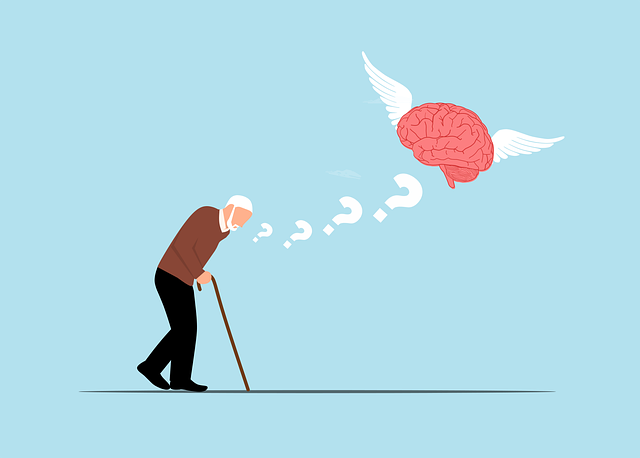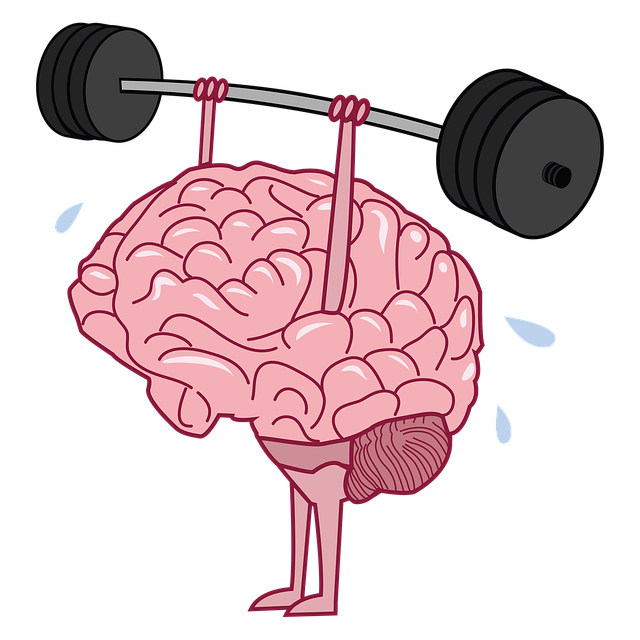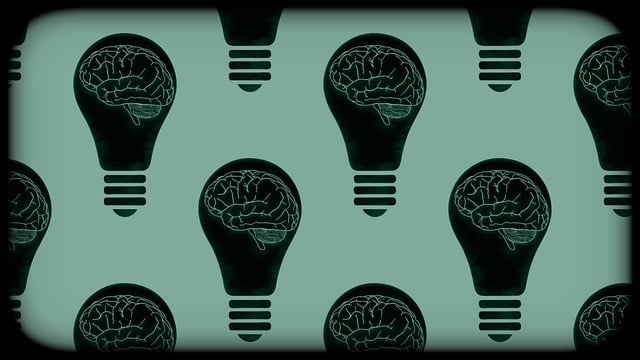Mental Health Crisis Hotlines serve as 24/7 resources, offering immediate support and safe spaces for emotional distress. Trained professionals provide active listening, empathy, and tailored tools like stress management workshops and mindfulness meditation for adults and blended families. These hotlines connect users to local resources, facilitate therapy access, and destigmatize mental illness through open conversations, complementing Therapy for Adults and Blended Families. They offer crucial support during crises, enhance resilience, and promote holistic well-being by addressing unique challenges faced by blended families.
Mental health crisis hotline support services are a vital resource offering immediate assistance during emotional distress. This article delves into the critical role these hotlines play, focusing on therapy tailored for adults and blended families. We explore how professional counselors navigate complex situations, addressing unique challenges faced by blended families. By examining effective strategies and tools, we highlight the significance of mental health crisis hotlines as a go-to solution for those seeking immediate, confidential support.
- Understanding Mental Health Crisis Hotlines: A Vital Resource for Support
- Who Can Access These Services? Therapy for Adults and Blended Families
- The Role of Professional Counselors in Crisis Hotline Support
- Common Challenges Faced by Blended Families and How Hotlines Help
- Effective Strategies and Tools Offered by Mental Health Crisis Hotlines
Understanding Mental Health Crisis Hotlines: A Vital Resource for Support

Mental Health Crisis Hotlines are a vital resource for individuals experiencing acute emotional distress or mental health crises. These 24/7 services provide immediate support, offering a safe space to express feelings and concerns. Trained professionals on the other end of the line offer active listening, empathy, and practical strategies for managing symptoms, such as stress management workshops aimed at both adults and blended families. They also connect individuals with appropriate local resources and, if necessary, facilitate access to therapy services.
Beyond direct support, mental health crisis hotlines play a crucial role in destigmatizing mental illness by promoting open conversations around emotional challenges. They serve as a launching point for those seeking to build resilience through empathy-building strategies, such as those featured in popular mental wellness podcast series productions. By offering immediate assistance and guiding individuals towards long-term solutions, these hotlines represent a critical component of the broader mental health support ecosystem.
Who Can Access These Services? Therapy for Adults and Blended Families

Mental health crisis hotline support services are designed to cater to a wide range of individuals seeking immediate assistance and guidance. One key aspect of these services is the provision of therapy for adults and blended families. These hotlines offer confidential spaces where people can discuss their struggles, be it stress, anxiety, depression, or relationship issues within their unique family structures.
Blended families, in particular, often face distinct challenges that require tailored support. Hotline counselors are trained to facilitate conversations around self-care practices and emotional regulation, incorporating techniques like mindfulness meditation as coping strategies. By providing a non-judgmental platform, these services enable individuals and families to navigate their mental health journeys with increased resilience and understanding.
The Role of Professional Counselors in Crisis Hotline Support

Professional counselors play a vital role in crisis hotline support services, offering immediate assistance and guidance to individuals facing mental health crises. These trained professionals are equipped with the necessary skills to handle diverse situations, providing a safe space for individuals to express their concerns and emotions. Through active listening and empathetic engagement, counselors help users navigate their feelings and thoughts, fostering a sense of calm and clarity during distressing times.
In the context of blended families or adult therapy, cultural sensitivity in mental healthcare practice is essential. Counselors must be adept at applying conflict resolution techniques to address intergenerational trauma or familial dynamics that contribute to crisis situations. Additionally, compassion cultivation practices can empower counselors to connect with clients on a deeper level, ensuring tailored support that respects individual cultural backgrounds and promotes holistic well-being.
Common Challenges Faced by Blended Families and How Hotlines Help

Blended families often face unique challenges that can contribute to mental health issues among its members. The dynamic nature of these families, with stepparents, step-siblings, and sometimes varying living arrangements, may lead to feelings of confusion, isolation, and stress. Children in blended families might struggle with adjusting to new routines, understanding parental relationships, and coping with potential trauma from past experiences. These complex situations can impact the overall well-being of both adults and children, making therapy for adults in blended families crucial.
Mental health crisis hotline support services play a vital role in addressing these challenges. They offer immediate assistance and resources to individuals within blended families who are dealing with emotional distress or crises. Hotlines provide a safe space for people to share their concerns, receive guidance on self-awareness exercises, and explore options for trauma support services. By connecting individuals with qualified professionals, hotlines facilitate access to therapy and self-esteem improvement techniques tailored to the specific needs of blended family members, fostering healthier relationships and enhanced mental resilience.
Effective Strategies and Tools Offered by Mental Health Crisis Hotlines

Mental health crisis hotline support services are equipped with a range of effective strategies and tools to assist individuals in immediate need. One key offering is therapy for adults, often tailored to address specific mental health challenges like anxiety, depression, or trauma. These hotlines provide a safe space for people to express their feelings and concerns, receiving expert guidance that can help them manage acute crises.
Additionally, they promote mental wellness journaling exercises as a means of self-reflection and emotional regulation. Such practices encourage individuals to track their thoughts, emotions, and behaviors over time, fostering greater awareness and insight into potential triggers or patterns. For blended families dealing with complex dynamics, hotlines may offer guidance on depression prevention strategies, stress management techniques, and communication skills to enhance overall mental wellness. They also provide valuable risk management planning support for mental health professionals, ensuring they are equipped to handle high-risk situations effectively while prioritizing their own well-being.
Mental health crisis hotline support services play a crucial role in providing immediate assistance and long-term solutions for adults and blended families navigating emotional turmoil. By offering confidential, accessible, and professional counseling, these hotlines serve as a vital resource for those in need, helping to mitigate crises and foster resilience. For individuals seeking therapy for adults or support specific to blended families, crisis hotline services offer a critical first step towards healing and improved mental well-being.














